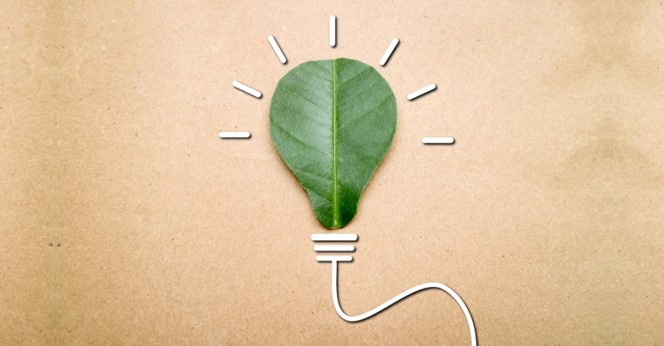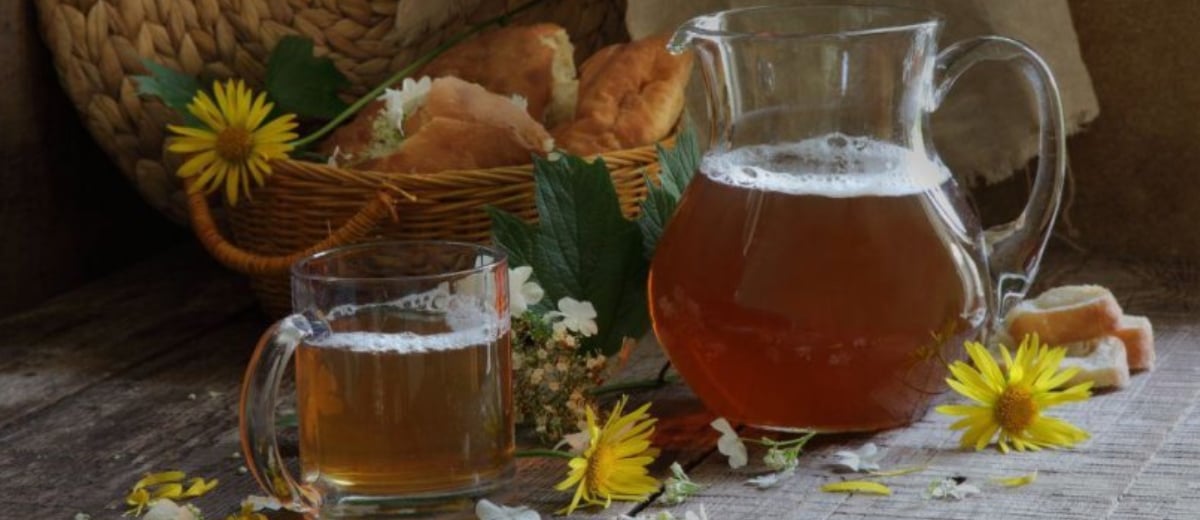Growing concern about environmental impact and the search for a more mindful lifestyle have led many people across Europe to explore sustainable practices ranging from responsible food consumption to gardening and home cultivation. These decisions reflect a shift in mindset, focused on reducing ecological footprints and regaining control over the things we use every day.
Among these practices, the possibility of growing at home has become increasingly appealing. Companies like Global Green Genetics provide innovative, environmentally friendly cannabis seeds, allowing those seeking autonomy and personal well-being to produce their own natural resources legally and safely.
Integrating sustainability into daily life
The rise of self-sufficiency involves rethinking how we interact with our surroundings. Incorporating habits that optimize energy use, reduce waste, and encourage mindful consumption has a positive impact on overall quality of life.
From urban gardens to small home composting solutions, every action has a tangible effect on a household’s environmental and economic balance. Responsible home cultivation aligns directly with this philosophy.
Those who choose to start a small garden or use cannabis seeds indoors learn how to manage resources efficiently, balancing the production of their own goods with practices that respect natural cycles and reduce dependence on external supply chains.
Technology and eco-friendly practices: a powerful combination
Sustainability is also strengthened through modern tools. Moisture sensors, adaptive lighting, and smart irrigation systems enable crops to grow under optimal conditions without wasting water or energy.
Technology therefore becomes an ally for those seeking autonomy and more conscious consumption, showing that innovation and ecology can coexist harmoniously. This tech-driven approach to home cultivation and household resource management allows precise monitoring of every step.
Users of Global Green Genetics combine knowledge of plant genetics with advanced methods to optimize their production and ensure that every crop meets responsible standards of sustainability and well-being.
Benefits of self-sufficiency for personal well-being
Growing at home provides far more than natural products; it also offers learning, discipline, and a deeper connection with nature. The experience of caring for a crop and observing its growth cycles fosters a more direct relationship with the source of our resources, reinforcing mindful habits that translate into health and personal satisfaction.
By integrating ecological practices with home cultivation, individuals benefit twice: contributing to sustainability while gaining independence from industrialized products. In this way, each decision reflects a personal commitment to the environment, promoting a lifestyle aligned with values of responsibility and care for the planet.
Responsible consumption and emerging trends
Interest in organic, local, and ethically produced goods continues to grow. People are seeking alternatives that allow them to reduce waste, minimize pollution, and ensure transparency in what they consume. Solutions that combine home cultivation with high-quality genetics, such as those provided by Global Green Genetics, represent a step toward more mindful and controlled consumption.
This shift toward self-sufficiency also inspires experimentation with new sustainable practices. From rainwater harvesting to efficient indoor lighting systems, each technological innovation and eco-friendly habit contributes to creating greener, more autonomous homes, reflecting the transformation of European consumption culture.
How is green innovation shaping the future?
The push toward a more responsible lifestyle is redefining entire industries. The demand for sustainable products and legal home-growing solutions is creating opportunities for companies that blend ethics, science, and creativity.
Home seed cultivation, when done mindfully, illustrates how innovation can align with ecology and personal autonomy. Embracing these trends means understanding that sustainability and well-being are interdependent goals.
With resources like Global Green Genetics, users can grow responsibly, enjoy natural products, and learn to manage their own consumption, building a more conscious relationship with their environment and laying the foundation for a more balanced and responsible future.


















Comments